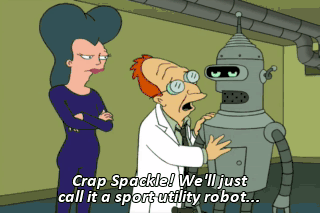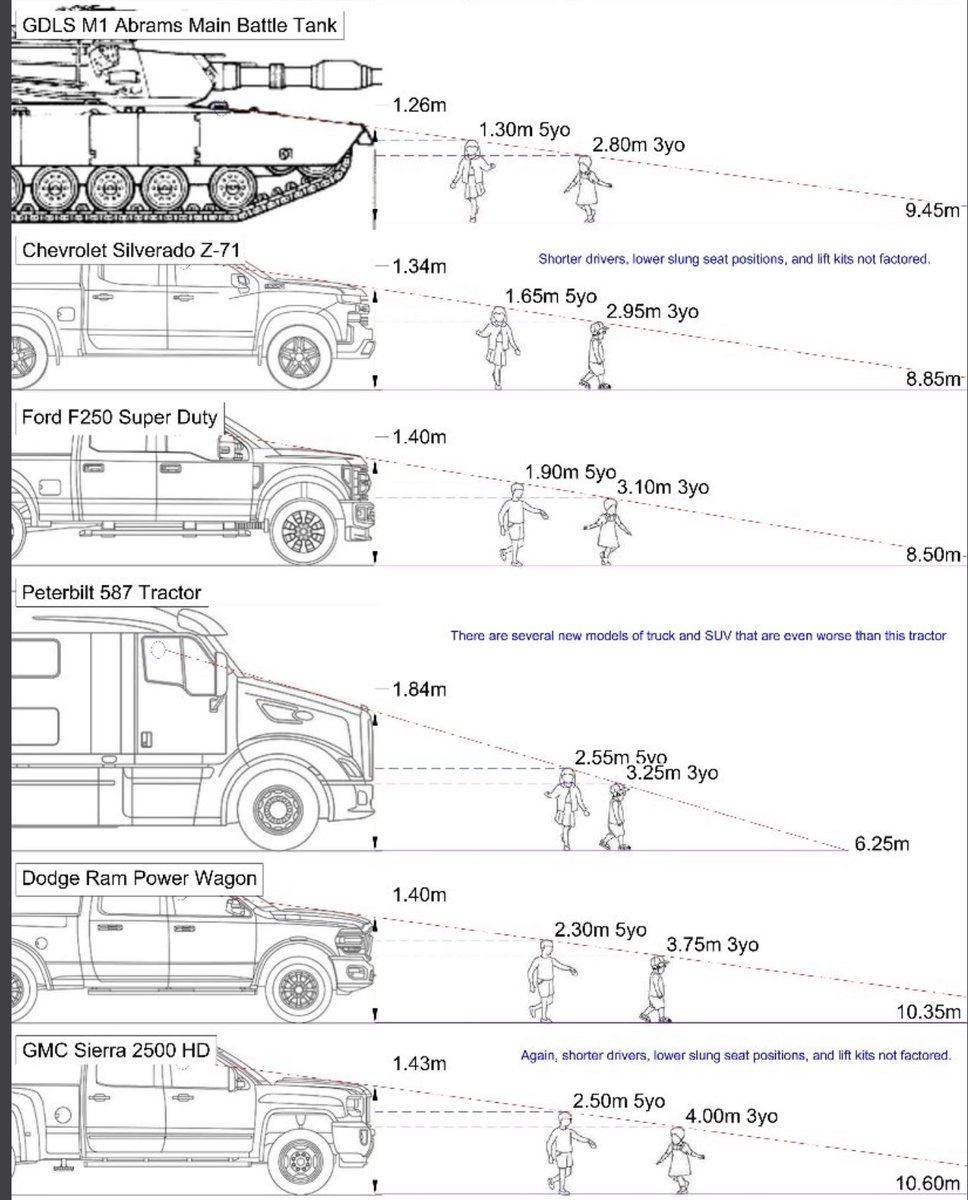This video here explains one of the issues one minute in. Definitely worth a watch.
https://www.youtube.com/watch?v=Fh4H9qZ-_6Y&t=55
The way car companies are working around this legislation is why it's so hard to find and buy smaller sized cars (like smart cars) even if there is demand. It also makes our community less safe for pedestrian traffic.

